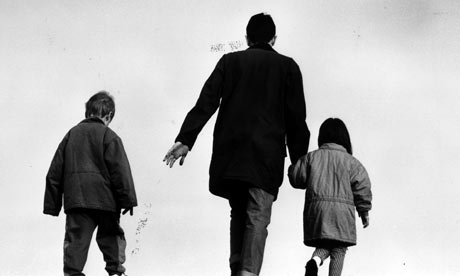 Winning Custody Trials
Winning Custody Trials
Custody disputes are personal. They involve children. Your children. They can be expensive, aggravating, and frustrating. They are not as simple as who is the better parent.
Parents Can Be Imperfect
No parent always does the right thing in every situation. Even the best most dedicated parents have flaws, faults and issues that can be brought up to a court. Attorneys preparing for custody litigation must deal with parents’ strengths and their weaknesses.
Arguments That It Is In The Children’s Best Interests That You Receive Custody
Your custody case should have a theme based on the theory the children’s best interests are better served with you receiving custody of them. This theme must be developed to deal with specific facts involving you and your children. This must also be developed to show giving the other parent custody would not be in the children’s best interests.
Why A Parent Seeks to Have Custody
There are many reasons why parents want custody of their children. Your attorney should discuss with you your real motives for having custody of your children. Be advised, avoiding paying child support is not an appropriate reason for wanting custody of your children.
Client’s Conduct in Custody Lawsuits
If you are involved in litigating a custody case, you must assume the other parent is trying to find “dirt” on you. You should be careful as to what you say and what you do. You should avoid writing things down on paper. Don’t be surprised if the other parent is trying to intercept your phone calls, read your emails, and speak to your friends, relatives, paramours, and neighbors about information to be utilized in the custody trial against you.
Evidence in Custody Trials
Custody matters are brought in front of judges. There are no juries in custody cases. There are generally two types of evidence submitted at custody proceedings. Documentary evidence which involve documents of a certain type and nature that can be presented into evidence and live testimony of witnesses. It is often necessary to have a live witness testify to get documentary, written, evidence into the record. The rules regarding the presentation of evidence are quite complicated. This is a matter you should discuss in detail with your attorney prior to the trial as to which documents will be presented and how those documents will be presented into evidence.
Witnesses must present facts. These facts should be about the child’s life and how one parent or the other has had an affirmative or negative impact on the child’s life.


 If your child is taken by Child Protective Services the first thing you need to do is to hire an attorney who has extensive experience in litigating child seizure cases with Child Protective Services.
If your child is taken by Child Protective Services the first thing you need to do is to hire an attorney who has extensive experience in litigating child seizure cases with Child Protective Services. 







 An issue was presented as to whether a Family Court judge could modify a Criminal Court
An issue was presented as to whether a Family Court judge could modify a Criminal Court  Justice Duffy sitting in a Supreme Court Part in Westchester County recently ruled a man had to pay his ex-wife more than $282,000 in
Justice Duffy sitting in a Supreme Court Part in Westchester County recently ruled a man had to pay his ex-wife more than $282,000 in  Business expenses should be real business expenses and not be created to hide income thereby reducing a party’s support obligations.
Business expenses should be real business expenses and not be created to hide income thereby reducing a party’s support obligations.





